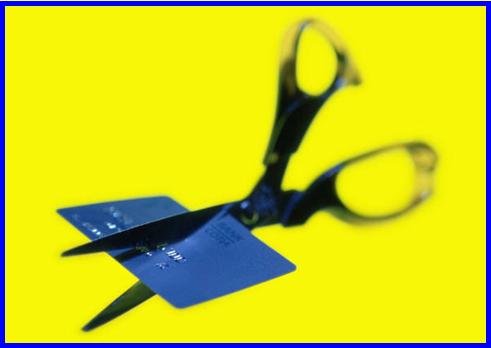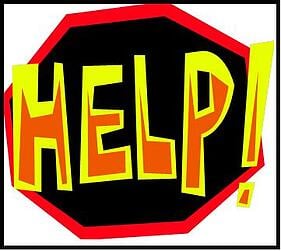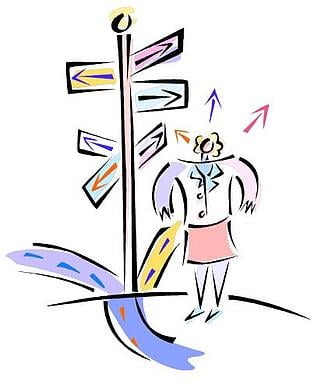People are always asking...
"Does Debt Settlement hurt your credit score?"
Although this is a simple question, the answer is not as simple.
According to the Fair Issac Corporation (FICO), there are several factors that go into determining your credit score:
- Payment History....................35%
- Amounts you owe.................30%
- Length of Credit History.......15%
- Types of Credit......................10%
- New Credit..............................10%
As you can see, 65% of your credit scores seems to depend on your Payment History and How Much You Owe. In reality, there are several other factors that go into determining your credit score.
For example, FICO says:
Your FICO credit score is calculated based on these five categories. For some groups, the importance of these categories may vary; for example, people who have not been using credit long will be factored differently than those with a longer credit history.
The importance of any one factor in your credit score calculation depends on the overall information in your credit report. For some people, one factor may have a larger impact that it would for someone with a much different credit history. In addition, as the information in your credit report changes, so does the importance of any factor in determining your FICO® Score.
Therefore, it’s impossible to measure the exact impact of a single factor in how your credit score is calculated without looking at your entire report. Even the levels of importance shown in the FICO Score chart are for the general population, and will be different for different credit profiles.
If you are considering a Debt Settlement Program, let's assume that you have several unsecured debts and are behind or starting to fall behind on your monthly payments due to anyone of several circumstances.
And, if this the case, you can see from the information above that your credit score has already been affected.
Enrolling in a Debt Settlement Program and finally getting your delinquent account balances to ZERO will ultimately IMPROVE your credit score.
If you decide (or have no choice) but to file for BANKRUPTCY PROTECTION, then your creditors receive little to nothing.
But, once a settlement agreement has been negotiated and the agreement has been completed, your credit report will show a $0 BALANCE and state something like "paid-as-agreed" or "paid-as-agreed for less than the balance due".
In either case, once all of your debts have been settled and you have not charged up more credit, your credit score will begin to improve!
The WORST THING YOU CAN DO IS NOTHING!
Debt Settlement may help you finally get back on the right track and avoid bankruptcy.
If you would like a FREE CONSULTATION with NO OBLIGATION, CLICK HERE.






 If you answer the door and are handed a summons, there are some things you must do:
If you answer the door and are handed a summons, there are some things you must do:
 Is it possible to stop a wage garnishment in Oregon?
Is it possible to stop a wage garnishment in Oregon? Can anything be done about debt collector harassment?
Can anything be done about debt collector harassment? Credit Repair... Is it really possible?
Credit Repair... Is it really possible? Can I use debt settlement in Oregon to clear up old debts?
Can I use debt settlement in Oregon to clear up old debts? How can you Stop Debt Collector Calls?
How can you Stop Debt Collector Calls?



